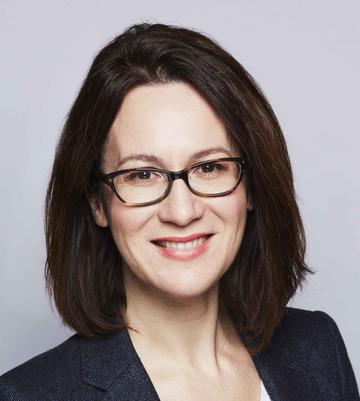In January, consultancy Edelman released its Trust Barometer 2021, the annual survey which in this edition canvassed the opinions of 33,000 people across 28 countries. It is a big exercise in gauging sentiment across age groups, levels of education and degrees of engagement in public policy and business news. This year’s results are striking. Perhaps even more so than in the past, they should not be overlooked.
Among the four societal institutions the study analyses – government, non-governmental organisations (NGOs), the media and business – it was the latter that respondents trusted the most. Trust in business received an average score of 61, compared with 57 for NGOs, 53 for government and 51 for the media. It is an increase from the previous study to the point that business became the only group to be considered both competent and ethical. Again: the only group. Governments (and the media) are viewed as neither. This places enormous responsibility on CEOs.
Since its launch two decades ago, the Trust Barometer has been uncovering trends. It noticed the trust shift from ‘authorities’ to peers in 2005. It witnessed the ups and downs of business, surpassing government and the media as a trusted organisation in 2007, only to plummet two years later after the pains of the global financial crisis. In 2014, it saw growing responsibility being placed on businesses to lead the debate for change. Arguably, not all have responded to the call to action, or even capitalised on the opportunities.
As with some previous findings, what the latest research shows may seem obvious. But it demonstrates the need for more responsible business – and finance. The level of trust now granted to the corporate world goes as far as making employers the most reliable source of information, above all other sources, including traditional media. How are companies responding to this?
It is true that many are looking to local communities, of which employers are often a part. There have been mounting arguments in favour of focusing economic activity and policy on local realities. Economist Raghuram Rajan eloquently described communities as one of the three pillars that should underpin global systems, alongside markets and the state.
And community is a word that has gained popularity in corporate speech. It has inspired some useful initiatives, too. In finance, HSBC’s Future Skills Innovation Challenge, a programme created with Ashoka, a global network for social entrepreneurs, is just one of a myriad of examples. It is also the winner of The Banker’s latest Banking in the Community award. But, alongside others, HSBC has attracted criticism too, because of its relatively weak climate change-related policy and ongoing financing of big polluters, according to environmental group Rainforest Action Network.
Finance and business are often pulled between old and new structures. Incorporating new principles has long been associated with accepting trade-offs. But after a year of Covid-19, in which many trends have been disrupted as well as accelerated, it may be useful to reflect on the reality crystalised in the Edelman study, and to consider how more decisive action around issues like climate change and sustainability might look. (The media should engage in some soul-searching, too.)
People want businesses to “embrace sustainable practices”, said consultancy CEO Richard Edelman, presenting the company’s findings. “It is not natural for CEOs to stick their heads up in a time of high controversy, but we have to change that learned behaviour. Now it is the moment for business to step into the void. On sustainability, systemic racism, jobs and upskilling – act first, talk later.”
Silvia Pavoni is the economics editor at The Banker.








